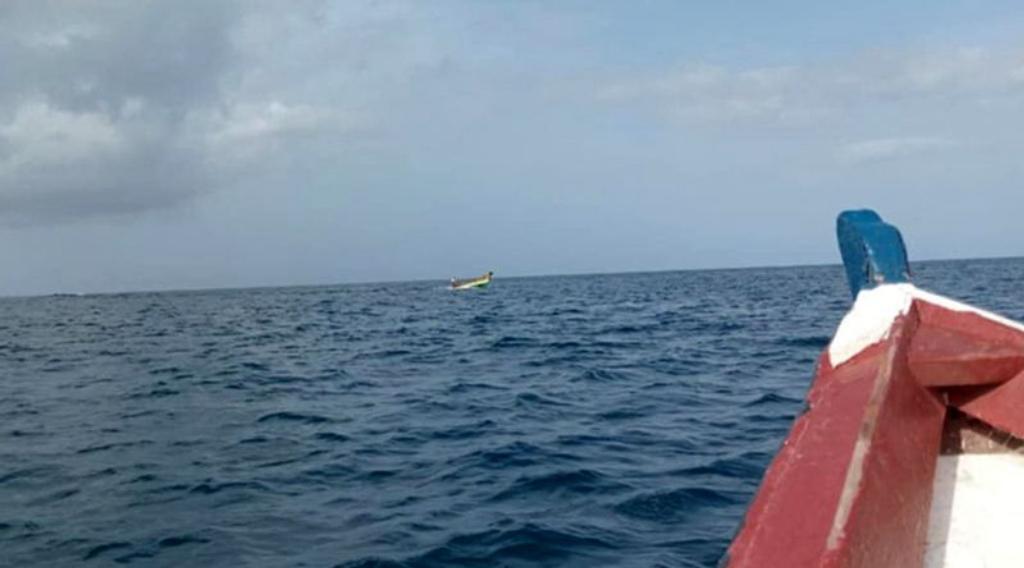Africa-Press – Cape verde. The Fisheries Transparency Initiative (FiTI) recommends that Cabo Verde make more information available on catches, landings and subsidies to improve transparency in the sector, it states in its latest report, consulted today by Lusa.
“Despite progress compared to the 2022 report, most of the information relating to important requirements of the Fisheries Transparency Initiative (FiTI) standard is not accessible on a government website”, reads the document, relating to 2023.
The gaps in information, including in the drafting of the report, affect the ability to have “effective supervision, to demand accountability and to have public dialogue”, it notes.
Even so, the organization acknowledges “the ongoing or planned efforts to update and complete stock assessments and the status of the fish population in Cabo Verde”, among other initiatives that deserve an overall positive rating.
In 2023, the group that prepared the report also gained access to the amount paid in licenses for large vessels authorized to fish in Cape Verdean waters, which that year amounted to around 111 million escudos (one million euros), from 86 authorized vessels, all foreign.
Japan (31 vessels) and Spain (27) are the countries with the most large-scale licenses, followed by Senegal (11), France (10), Panama (3), El Salvador (2), Belize (1) and Morocco (1).
In this second report, semi-industrial fishing vessels (including 127 Cape Verdean vessels) were classified as small-scale fishing.
The organization indicates that there is a lack of resources to update information on fishing resources at sea, maintaining the scenario of the previous report: the tuna family predominates, at the level of commercial species, with exploitation quotas that have not been exceeded.
However, other species of smaller volume are already exploited “to the limit” or “intensely”, such as black mackerel, horse mackerel, grouper and sea bream.
This is the second report published since Cape Verde applied for the FiTI initiative, which aims to improve transparency in the sector.
The document was produced by the National Multisectoral Group (GMN), made up of 15 members representing the Government, companies and civil society.
The fishing sector employs around 5% of the working population and is responsible for providing a significant part of the animal proteins in the archipelago’s diet.
Today, the European Parliament (EP) is expected to approve the fisheries agreement between the European Union (EU) and Cape Verde, which will be in force for five years and will allow 56 vessels (24 freezer tuna seiners, ten pole-and-line tuna vessels and 22 surface longliners) from Portugal, Spain and France to fish seven thousand tonnes of tuna and related species in Cape Verdean waters annually until 2029.
For More News And Analysis About Cape verde Follow Africa-Press






